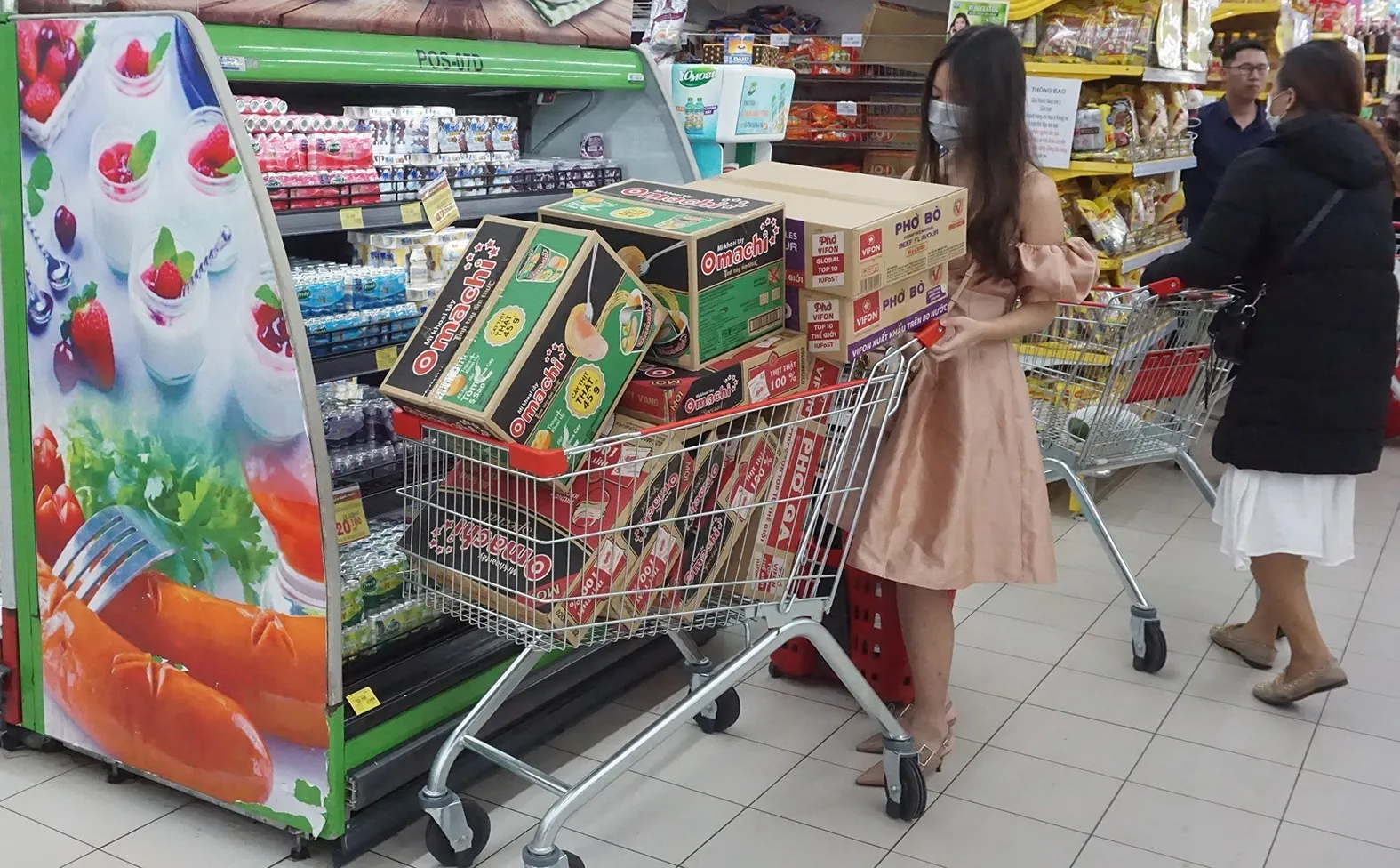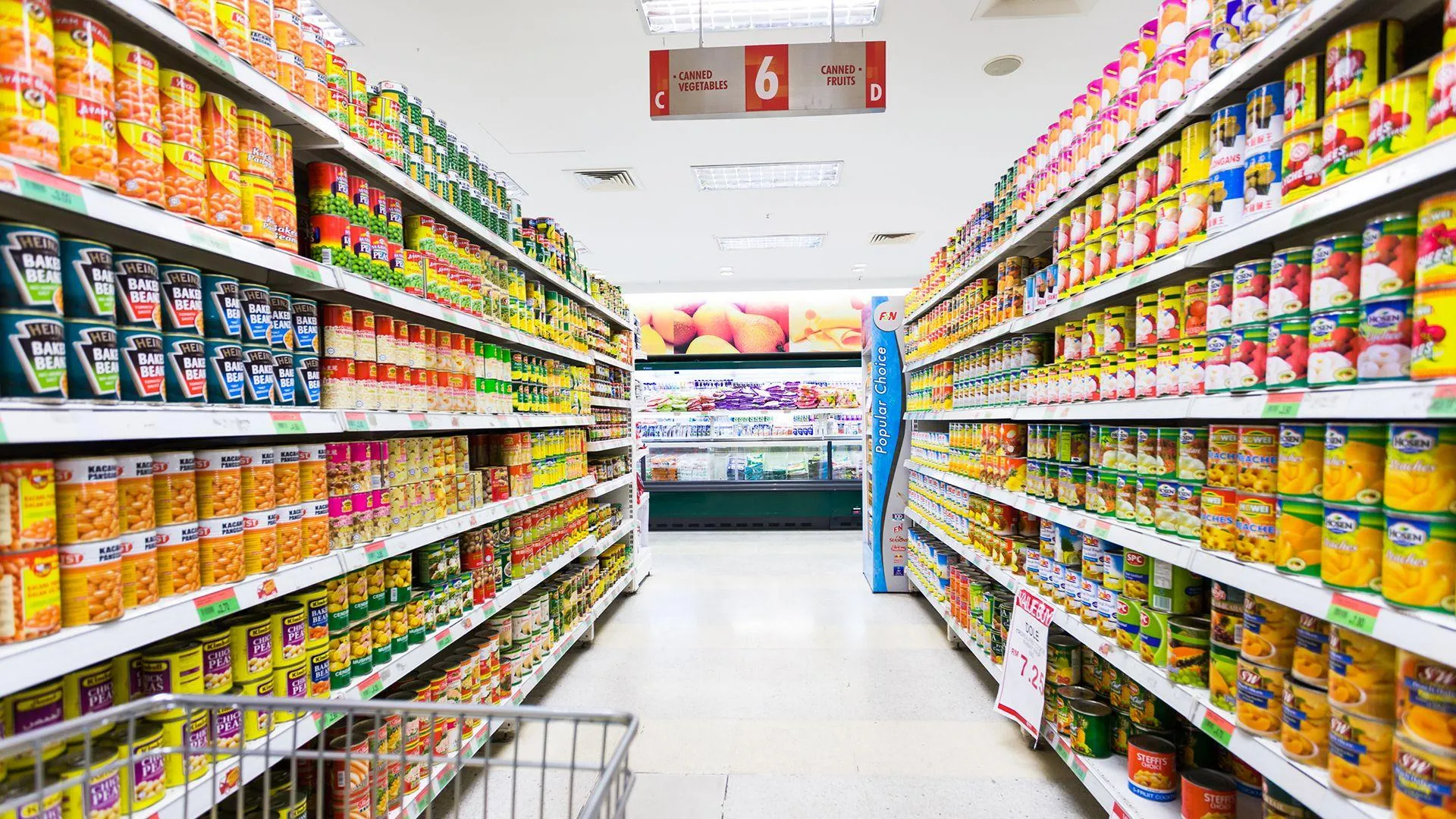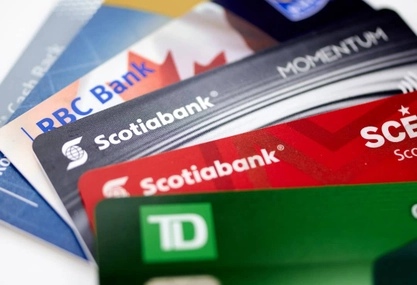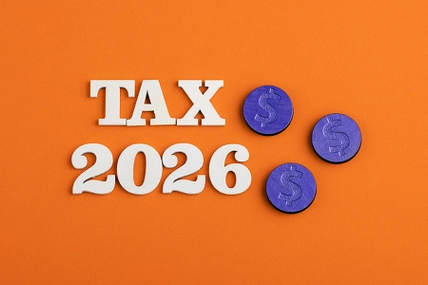The National Assembly has approved the Law on Protection of Consumer Rights 2023. Here are the new points.
1. Change the definition of consumer
Consumer means the buyer or user of a product, goods, or service for consumption or day-to-day activities of a person, a household, an agency, or an organization for non-commercial purposes. This is the new point of the Law on Protection of Consumer Rights 2023 (hereafter called the Law 2023).
Within that, in accordance with Clause 1, Article 3, Law on Protection of Consumer Rights 2010, Consumer means the buyer or user of a good or service for consumption or day-to-day activities of a person, a household, or an organization.
At the same time, Article 8 of the Law 2023 also supplements 07 subjects of protection of vulnerable consumer rights, including: Elderly people, persons with disabilities, children persons from ethnic minorities; people living in ethnic minority or mountainous areas, islands, areas with difficult socio-economic conditions, areas with extremely difficult socio-economic conditions; women who are pregnant or nursing a child under 36 months old; persons suffering from serious diseases; poor households.

2. Rights and obligations of a consumer from July 01, 2024
2.1. Rights
Article 4 of the Law 2023 prescribes that the consumer has 11 rights as follows: In particulars, the Law 2023 supplements the rights as follows:
- To be facilitated to choose a healthy and sustainable consumption environment.
- To be protected when using public services in accordance with this Law and other relevant laws.
- Other rights provided for by law.
2.2 Obligations
The Law 2012 only prescribes two obligations for consumers. However, Article 10 of the Law 2023 prescribes 06 prohibited acts. Accordingly, consumer’s rights are supplemented in the Law 2023, including:
- To buy goods and services which have no effects on the environment.
- To comply with conditions and instructions for transportation, storage, and use of products, goods, and services; regulations on inspection, environmental protection, and sustainable consumption as stipulated by the law
- To take responsibility for supplying correct/insufficient information on the transaction of consumers and business organizations, and individuals.
- Other obligations.
3. Supplement prohibited acts
The Law 2023 supplements many prohibited acts in comparison with the Law 2010, including:
Article 10. Prohibited acts in consumer rights protection
d) Forcing consumers to pay for products, goods or services provided without prior agreement with consumers;
dd) Failing to compensate, return money or exchange products, goods or services to consumers due to mistakes made by traders;
e) Failing to compensate, refund, or exchange products, goods or services for consumers due to products, goods or services not matching the registration, announcement, disclosure, listing, advertisement, introduction, contract, or commitment of traders;
g) Swapping or cheating products, goods or services when delivering goods or providing services to consumers;
h) Failing to notify and publicize to consumers the sponsorship of an influencer in any form to use his/her images, advice or recommendations to promote trade or encourage consumers to purchase and use products, goods or services;
i) Obstructing consumers from inspecting products, goods and services, except as provided by law;
k) Requiring consumers to purchase additional products, goods or services as a mandatory condition for entering into a contract against the consumers' will;
l) Stipulating prohibited terms under Article 25 of this Law in contracts with consumers, template contracts and general transaction conditions;
m) Collecting, storing, using, modifying, updating and canceling information of consumers in contravention of the law.
At the same time, the Law also prescribes the prohibited acts for Multi-level marketing organizations and individuals as follows:
- Forcing others to make deposits, pay money, or purchase a certain quantity of goods as a prerequisite for participating in multi-level marketing;
- Providing false and misleading information to consumers and individuals participating in multi-level marketing;
- Conducting multi-level marketing without a certification of multi-level marketing operation; organizing activities to introduce multi-level marketing without a certification of multi-level marketing operation
- Conducting multi-level marketing for services or other forms other than trading goods, unless otherwise provided for by law;
- Developing multi-level marketing networks not based on goods purchase and sale transactions;
- Prohibited acts in consumer rights protection
4. New regulations on compensation for consumers
4.1. Add more traders of compensation for consumers
The Law 2023 also supplement the subjects of compensation for consumers in the case of defective product or goods means a product or goods that is unsafe to consumers and likely harms the life, health, or property of consumers.
In particulars, the business organization and individuals are:
- Products or goods producers and importers;
- Organizations and individuals with their commercial names on products, goods or using trademarks or commercial indicators showing that they are products and goods producers or importers;
- Organizations and individuals performing commercial intermediary activities for products and goods. Within that, in accordance with Chapter V of the Commercial Law 2005, intermediary activities in commerce include representation of traders, commercial brokerage, sale and purchase of goods by mandated dealers, commercial agency...
- Organizations and individuals directly providing products and goods to consumers
- Relevant organizations and individuals.
In case traders are unidentifiable, organizations and individuals directly providing products and goods to consumers shall take responsibility for compensation for consumers, unless otherwise provided by law.
In case multiple traders cause damage, these traders must jointly compensate for the damage to consumers. Damages shall be paid under the civil law and other relevant laws.
Therefore, the Law 2023 supplement more 2 traders shall take responsibility for compensation for consumers for the faulty goods and services which have great effects on consumer's benefits or even cause damage to consumers:
- Commercial intermediary parties.
- Relevant organizations and individuals.
4.2 More traders of exemption from liability for compensation for damage
The Law 2023 also supplements the traders of exemption from liability for compensation for damage in Article 35 of the Law on Protection of Consumer Rights, including:
- When proving that defective products or goods could not be detected with the world's level of science and technology by the time products or goods cause damage;
- When the traders have fully implemented the negotiation and mediation measures, and consumers have fully received information but still intentionally use defective products and goods, causing damage;
- Other cases.
Within that, the Law 2020 has defined that goods traders are exempt from liability for paying damages when they can prove that the defects of goods are undetectable given the scientific and technical level at the time, they supply goods to consumers.

5. Remote transaction is first prescribed from July 01, 2024
Remote transaction is the term prescribed in the Law on Protection of Consumer Rights for the first time. In previous regulations, Decree No. 99/2021/ND-CP only prescribes the remote transaction contract.
In accordance with Clause 5, Article 3, the Law on Protection of Consumer Rights 2023, a remote transaction means a transaction made in cyberspace, electronic means or other means that consumers are not allowed to check, or directly contact with products, goods, or services before participating in the transaction.

Remote transaction is prescribed as an online transaction or any other way that the consumer cannot check or have direct contact with the products and goods before the transaction.
Accordingly, Law 2023 prescribes a number of regulations on the remote transaction as follows:
Information
When conducting remote transactions, the trader must accurately and completely provide consumers with the following information:
- Name, address, phone number, other contact method
- Business registration certificate number or enterprise identification number...
- Measurement, quantity, volume, quality, use, price, source, origin, shelf life of products, goods or services;
- Delivery expenses (if any);
Payment methods and deadlines; time, place, and methods of sale and provision of products, goods, or services; conditions and methods of exchange or return of products, goods, or services;
- Details about the uses, methods of use, and warranty of products, goods, or services...
Contents of contracts
Contents of the remote transaction contact include:
- Traders must supply accurate and complete contract content, name, address, phone number, and other contact method (if any) of consumers; and rights and obligations of the parties;
- Rights and obligations of traders and consumers;
- If traders provide inaccurate or incomplete information, consumers have the following rights: Reaching an agreement; within 30 days from the date of concluding the contract, consumers shall not pay any expenses in any form to terminate the contract, except for expenses for used products, goods or services.
Form of remote transaction
- Via telephone or other forms of communication and conversation
- On cyberspace
6. More cases of negotiation and mediation do not apply to disputes
A dispute between a consumer and a trader shall be settled through the modes of negotiation; mediation; arbitration; and court.
However, Negotiation and mediation do not apply to disputes which:
- Harm interests of the country and the nation or public interests;
- Violate law provisions or are contrary to social morals;
- Harm interests of many consumers, except for cases where the number of consumers suffering damage may be fully determined.
Within that, Clause 2, Article 30 of the Law on Protection of Consumer Rights 2010 prescribes that negotiation and mediation do not apply to disputes that harm the interests of the State, interests of many consumers, or public interests.
Here are 06 new points of the Law on Protection of Consumer Rights 2023.

![[Update now] Personal income tax policies 2026: 05 major changes](https://image3.luatvietnam.vn/uploaded/500x285twebp/images/original/2026/02/25/update-now-personal-income-tax-policies-2026-five-major-changes_2502135544.jpg)







